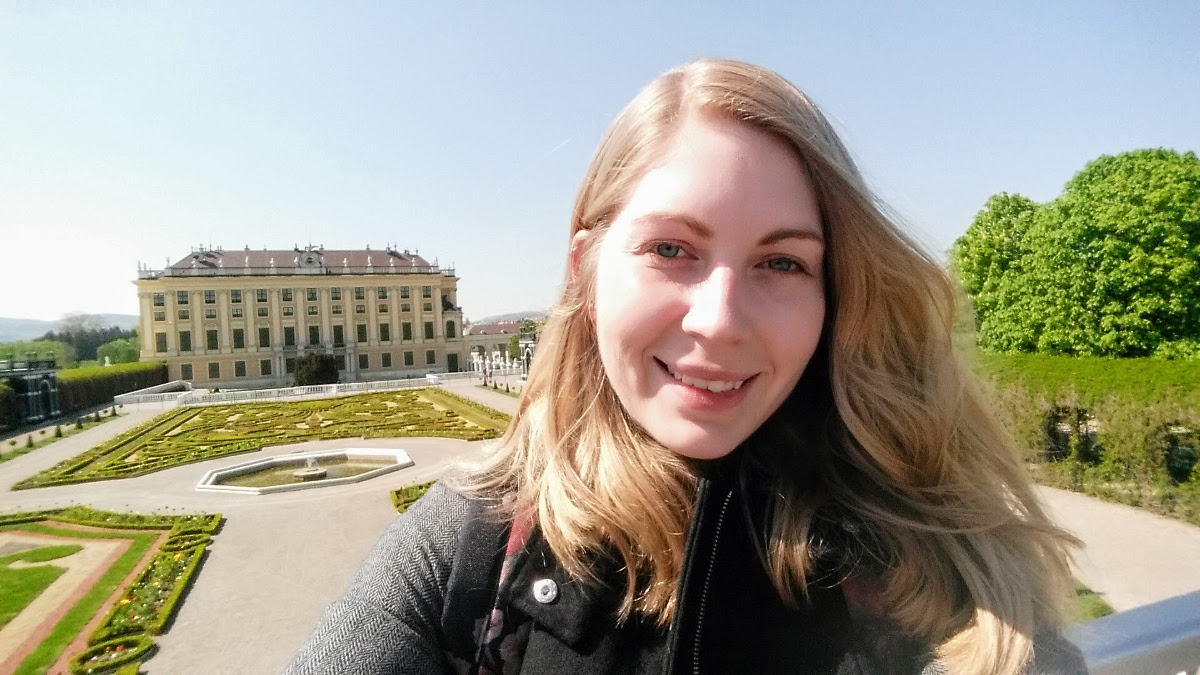COURSE INSTRUCTOR
Lisa Hlinka

Lisa grew up on Long Island, NY where she spent much of her free time at the local parks, beaches, and nature preserves. To pursue her love of nature and the outdoors, she earned her Bachelor of Science in geology from Stony Brook University. Subsequently, she moved to New York City to earn her Master of Arts in Earth science education through the American Museum of Natural History’s (AMNH) Master of Arts in Teaching Program. Through her experience at AMNH her teaching philosophy evolved to incorporate inquiry-based learning and the practices of science from the Next Generation Science Standards (NGSS).
Lisa received New York State certification to teach Earth science for grades 7-12 and has since taught four years of Regents Earth science in a high-needs public high school in New York City. Lisa has continued to grow as an educator by participating in professional development workshops offered through organizations such as Math for America, where she was awarded a position in the 2015 Early Career Fellows, and through AMNH where she has participated in Educator Evenings and Chancellor's Day teacher workshops. She has also participated in international professional development at the European Geosciences Union 2016 Geoscience Information for Teachers (GIFT) Workshop in Vienna, Austria.
While teaching her students about exciting Earth Science topics, Lisa decided that she, too, wanted to contribute to scientific research. Thus, Lisa returned to graduate school to earn a Master of Arts in Geological & Environmental Sciences at Queens College, CUNY, where she engaged in research to study eruptive style controls of Masaya Volcano in Nicaragua. Currently, Lisa is pursuing her Ph.D. in Earth & Environmental Sciences at The Graduate Center, CUNY. Her research is focused on the Columbia River Basalt Group, the youngest and best-preserved Large Igneous Province on Earth. Lisa is also an adjunct lecturer teaching undergraduate geology laboratory courses. Lisa is excited to be involved in the Seminars on Science program.